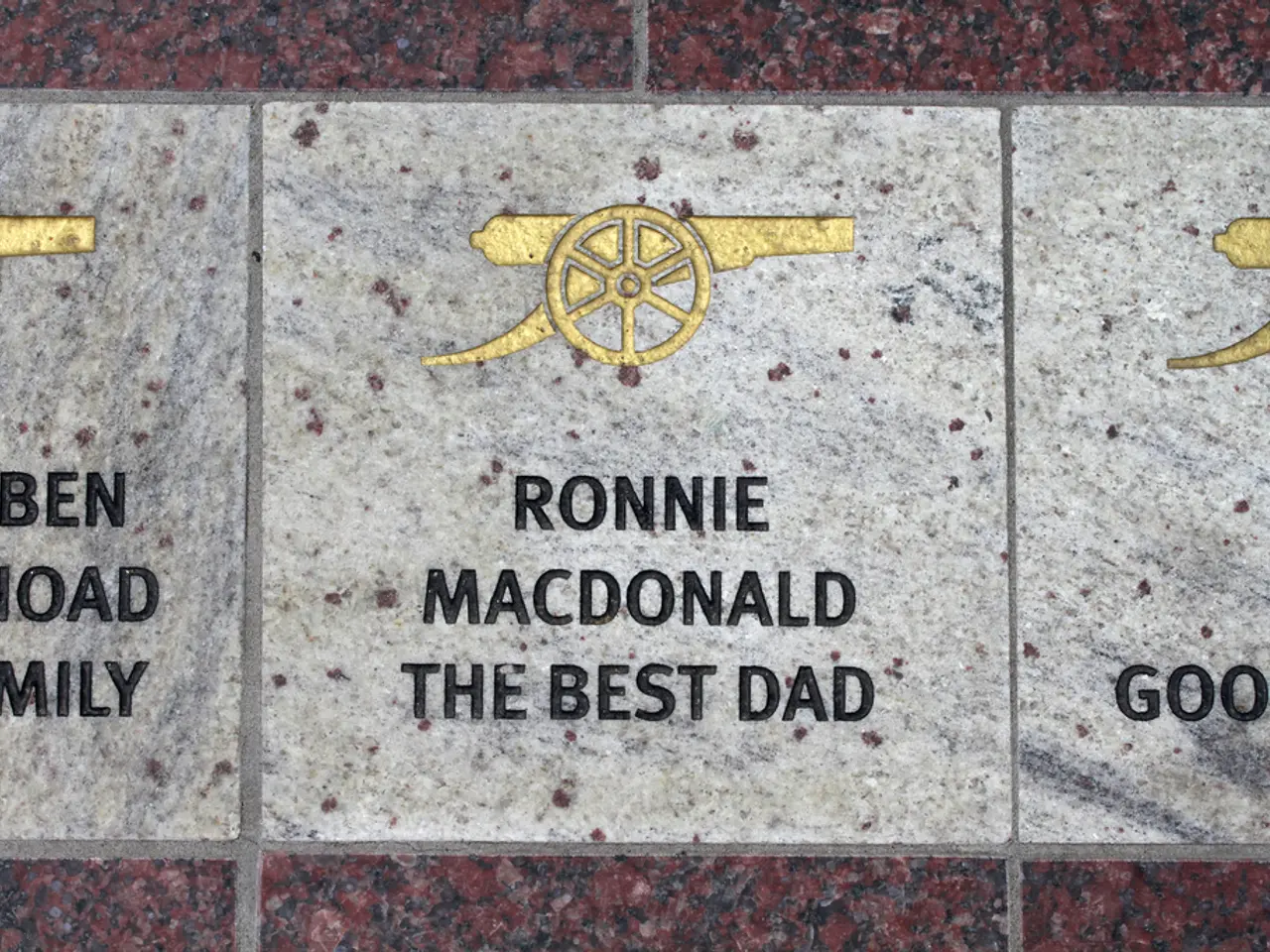U.S. President Jimmy Carter Passes Away at 100, Setting Record as Oldest American Commander-in-Chief
Jimmy Carter: A Life Devoted to Peace and Humanitarian Causes
Jimmy Carter, the oldest U.S. president in history, passed away on December 29, 2024, at the age of 100. His life was devoted to making the world a better place for all, and his legacy continues to inspire countless individuals and organizations worldwide.
During his presidency (1977-1981), Carter made human rights a cornerstone of U.S. foreign policy. One of his most significant foreign policy achievements was the brokering of the Camp David Accords, a historic peace agreement between Egypt and Israel in 1978. This breakthrough in the Middle East established a framework for peace, a priority for Carter who focused on ensuring Middle Eastern oil flow at reasonable prices and emphasized human rights.
Carter's presidency was initially viewed unfavorably due to economic challenges and foreign crises. However, public perception has shifted significantly over time, with Carter being celebrated not only for his presidential accomplishments but also for his exemplary post-presidential life dedicated to humanitarian causes.
After leaving office in 1981, Carter founded The Carter Center in Atlanta. The Centre has been instrumental in advancing global health, democracy, and human rights. Carter acted as a “diplomat without portfolio,” helping mediate conflicts in countries such as Nicaragua, Panama, Ethiopia, North Korea (negotiating nuclear agreements in 1994), Haiti, and Bosnia.
The Carter Center has also been deeply involved in global health efforts, notably combating diseases like river blindness and Guinea worm disease, which had been largely ignored by wealthier governments. Carter himself became a prominent volunteer with Habitat for Humanity in 1984, helping to build homes for those in need.
In 1976, Carter told the American public that the USA would run out of oil in 2011 if we did not change our course. In response to this concern, he created the U.S. Department of Energy and the Department of Education during his presidency.
Carter's dedication to transparency and trustworthiness marked his presidency. This commitment extended to his post-presidential life, earning him the Nobel Peace Prize in 2002 for his extensive humanitarian work.
Today, Carter is celebrated not only for his presidential accomplishments but also for his exemplary post-presidential life dedicated to humanitarian causes. His ability to navigate complex international issues and advocate for peace has left a lasting impact on the world. Carter's life serves as a testament to resilience and dedication to service, inspiring future generations to strive for a better world.
Sources:
- The Carter Center
- The Carter Center: Humanitarian Work
- The Carter Center: Habitat for Humanity
- The Carter Center: Negotiating Nuclear Agreements in North Korea
- The Carter Center: Global Health
Jimmy Carter's life extended beyond his presidential term, as he dedicated himself to educational and self-development initiatives. The Department of Education was established during his presidency, and he continued his work with Habitat for Humanity, focusing on career development for those in need.
Jimmy Carter's humanitarian work was not limited to peacemaking and advancing democracy. He also made significant strides in general news coverage, bringing attention to neglected diseases like river blindness and Guinea worm disease.
Carter's efforts in the realm of politics weren't confined to his presidential term. As a retired president, he acted as a diplomat without portfolio, working towards conflict resolution in various countries, such as Nicaragua, Ethiopia, North Korea, Haiti, and Bosnia.
Despite his extensive work in education-and-self-development, personal-growth, and humanitarian causes, Carter's legacy often intertwines with war-and-conflicts and crime-and-justice issues, particularly due to his involvement in negotiating nuclear agreements and mediating international conflicts. His life, marked by a focus on peace and humanitarian causes, serves as a beacon of inspiration for those aiming for a better world, with contributions stretching across diverse fields like sports, politics, and global health.




